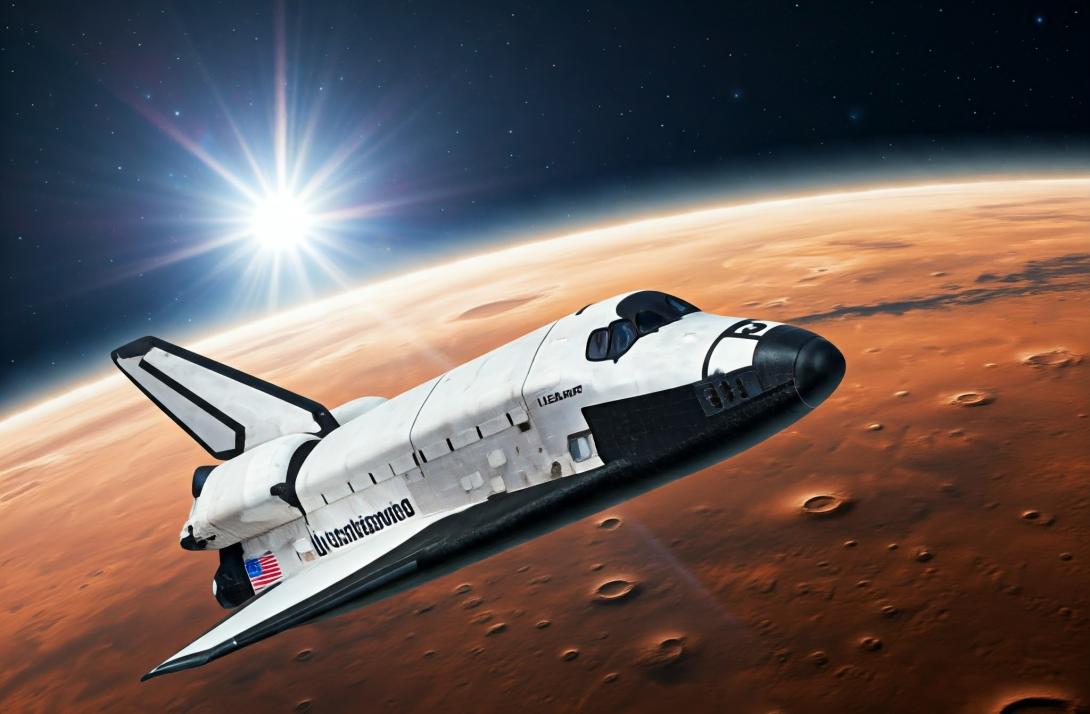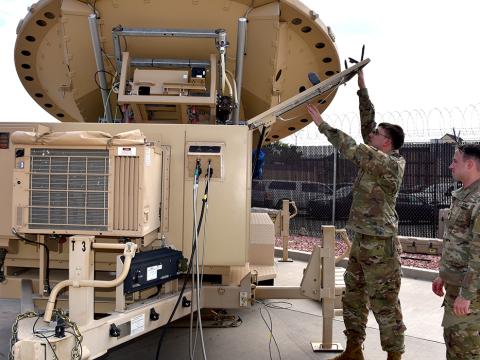Starburst Launches Inaugural Space Health Accelerator Program
Starburst, a startup accelerator for the aerospace and defense market, piloted its Space-H Space Health Accelerator program in September, selecting 12 startups to build a diverse range of solutions that support lunar and Mars missions.
Space-H is a collaboration between Starburst, the Translational Research Institute for Space Health, NASA’s Human Research Program, Methuselah Foundation and Microsoft, aimed at supporting emerging technologies that will further enable spaceflight.
Elizabeth Reynolds, managing director of Starburst’s U.S. business, said Starburst’s mission with Space-H is to introduce a broader set of capabilities from the commercial market to the federal government.
“The solutions that we need are coming from the biological sector, coming from biotech and medtech entrepreneurs, and these are people who have not historically thought of space as a market necessarily to pursue,” Reynolds said.
According to Kate Ludicrum, program director for Space-H, many of the companies selected are led by doctors and medical professionals.
“The space industry is both extremely complex and very much mission-driven, and so, it brings out a lot of really exceptional people,” Reynolds said.
Space-H is a 13-week program that begins in September and ends in December. During those 13 weeks, the startups will focus on maturing their technologies and developing their strategies for entering the market.
Ludicrum said the selected startups’ products fall into three categories: wearables, artificial intelligence and automation systems, and pharmaceutical solutions.
Reynolds said when selecting the startups for Space-H, Starburst looked for companies that seemed capable of delivering their proposed technologies and that were not only promising space applications but strategically bringing their product to the space industry to broaden their market.
The selection team worked with element scientists and searched for autonomous, small, lightweight, multimodal solutions that could be managed by nonmedical professionals. Reynolds said they also wanted to consider everything from the sensors and wearables to the diagnostic and computational tools needed to build autonomous systems.
Starburst also considered where each startup’s product falls on the technology readiness scale. The team looked for products between three and six on the scale, meaning that the product has been tested and validated in the lab, but it’s still in the developmental stage and not on the market.
Within the 13 weeks, Starburst aims to connect the selected startups with people inside and outside of the industry who will support the companies in the future.
As someone who would love to go to space herself, Reynolds said Space-H is all about garnering excitement about what’s possible and providing opportunities for the best and brightest to be a part of building the future of space health.
“Exploration is very much an innate part of being human, and going to space is the ultimate challenge,” Reynolds said. “This is an environment that we are not evolutionarily adapted for, that would kill us pretty much instantaneously without these extremely complex systems. The human ingenuity that has gone into making this possible, that allows us to not only explore and to potentially, at some point in the far distant future, bring life to other planets, is something that I think is really important.”
Sometime in December, Starburst will host its Demo Day, giving each startup a chance to introduce its technology to the public.
The 12 startups selected for the Space-H Accelerator program offer a diverse range of capabilities:
- ANYg.Bio: building biotechnology tools that can function in any gravity
- Delta Biosciences: accelerating drug candidate discovery
- Ejenta: developing a platform for autonomous remote health monitoring
- Esperto Medical: creating a wearable continuous vital sign monitor without compression, cannulation or calibration
- GattaCo: offering centrifuge-free solutions for pre-analytical sample collection and processing
- Innsightful: providing AI-based mental health monitoring using wearable technology
- LinkGevity: tackling necrosis with anti-necrotic technology
- Mitrix Bio: using bioreactor-grown mitochondria to create a new platform for regenerative medicine
- Nahlia: developing AI software to enable autonomous medical operations in space
- NaNotics: treating serious diseases via depletion of pathogenic factors from blood, using injectable, adsorptive nanoparticles
- Space REDI: addressing the lack of risk management tools used for human spaceflight
- Synapsis Medical: delivering wearable hemodynamic monitors for cardiovascular health monitoring
For Ludicrum, Space-H is meant to inspire innovation and push the boundaries of what humans can do in space. While the health component of the space exploration budget is small, it’s critical for long-term missions.
“You can't call in sick from the moon,” Ludicrum said.




Comments